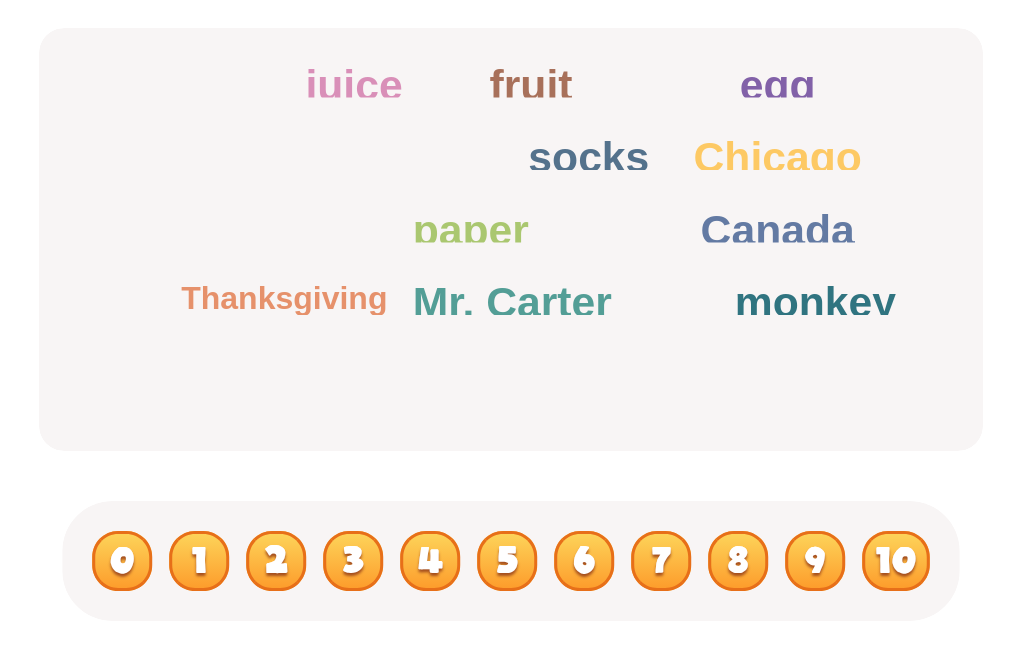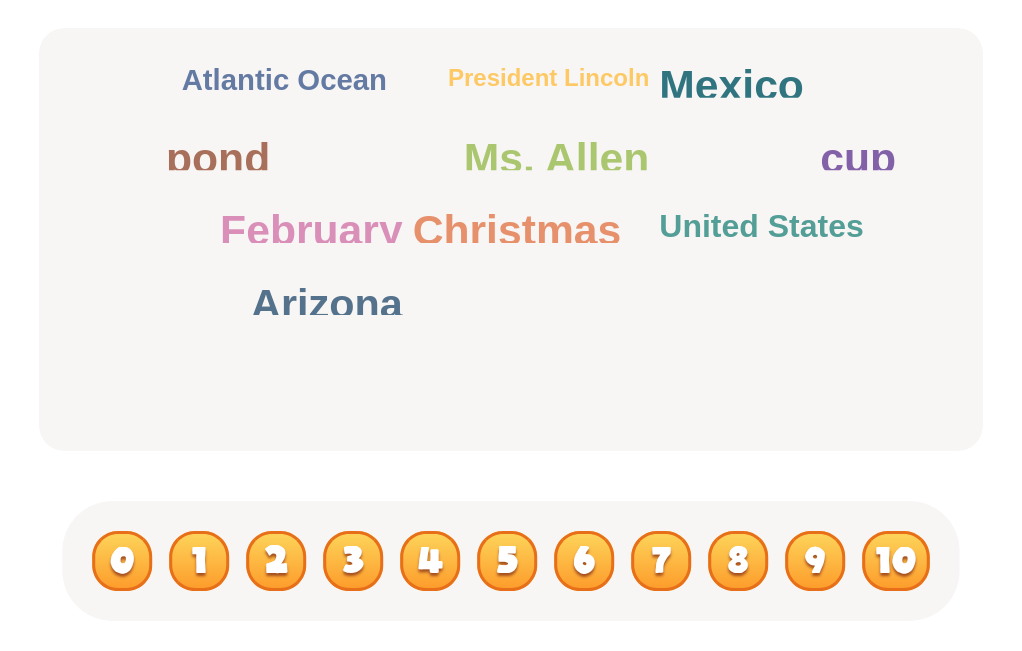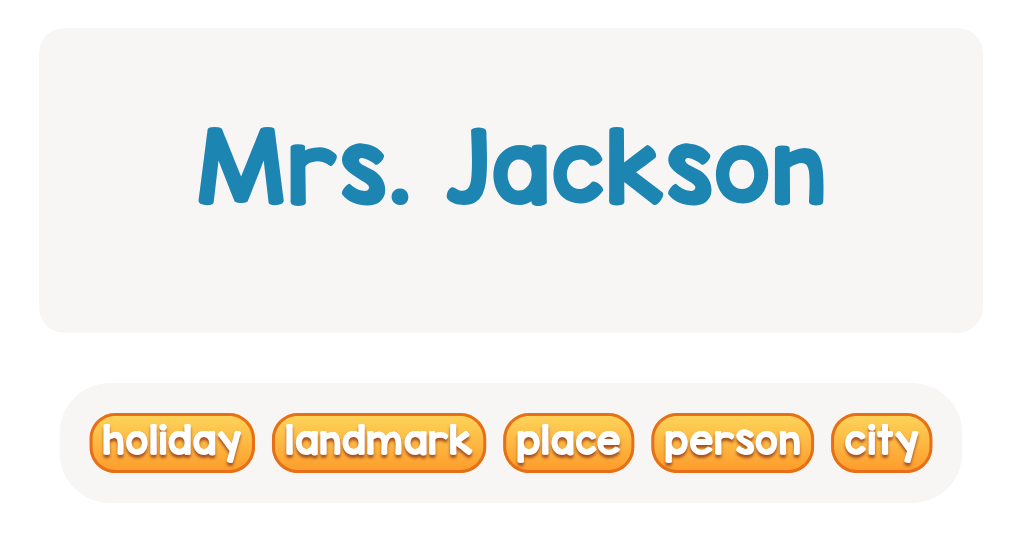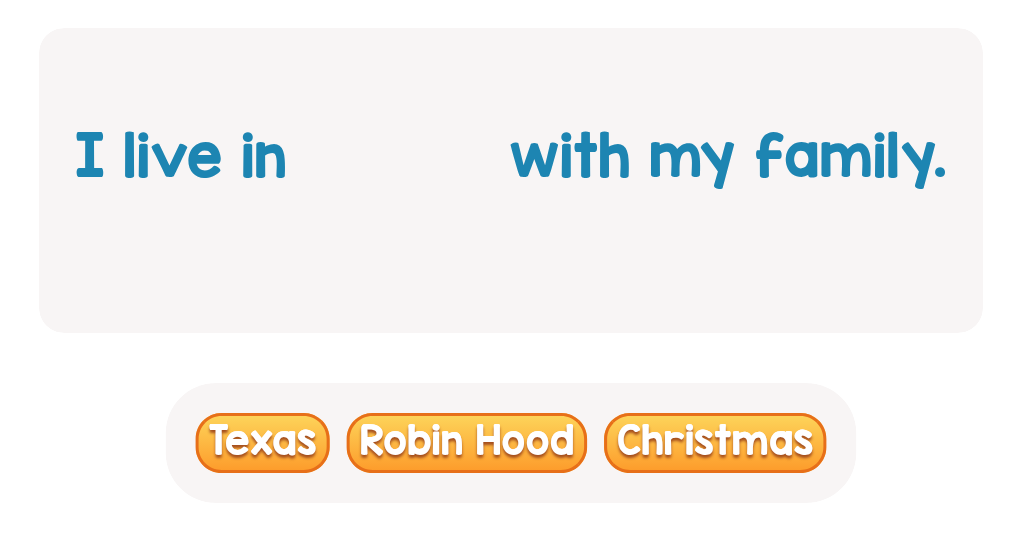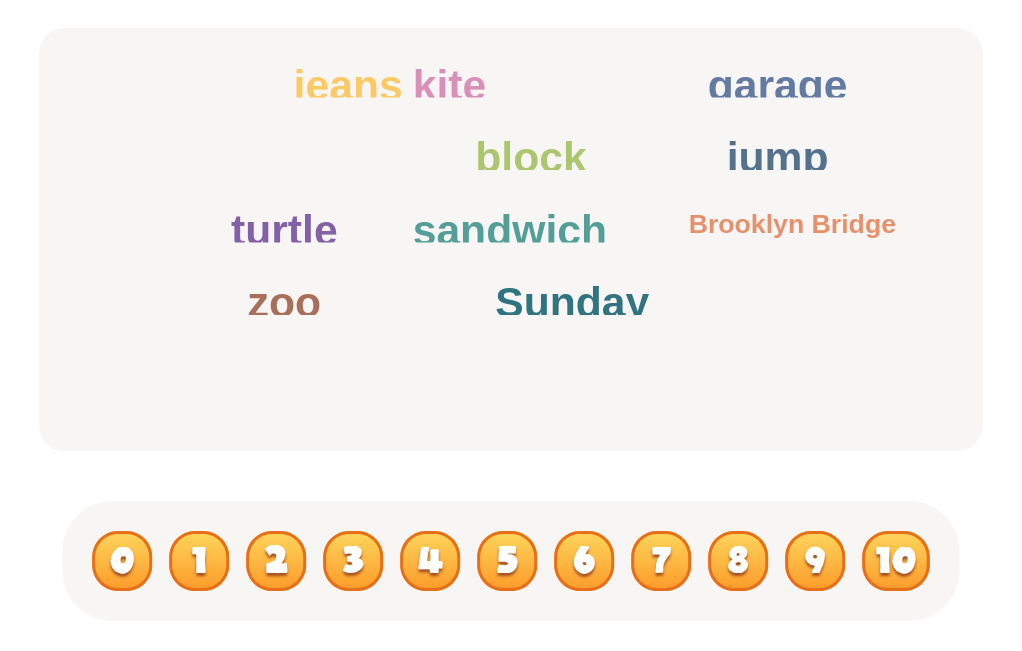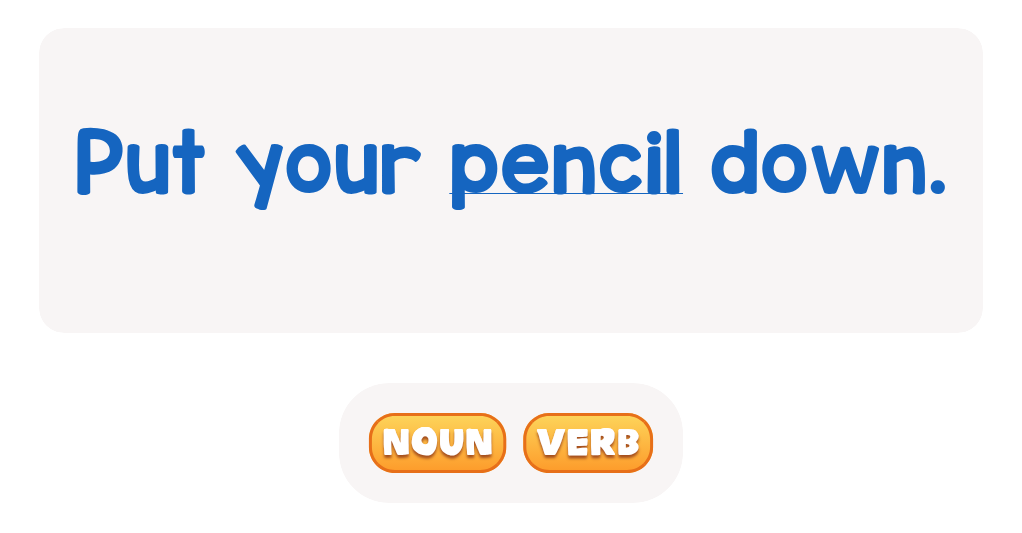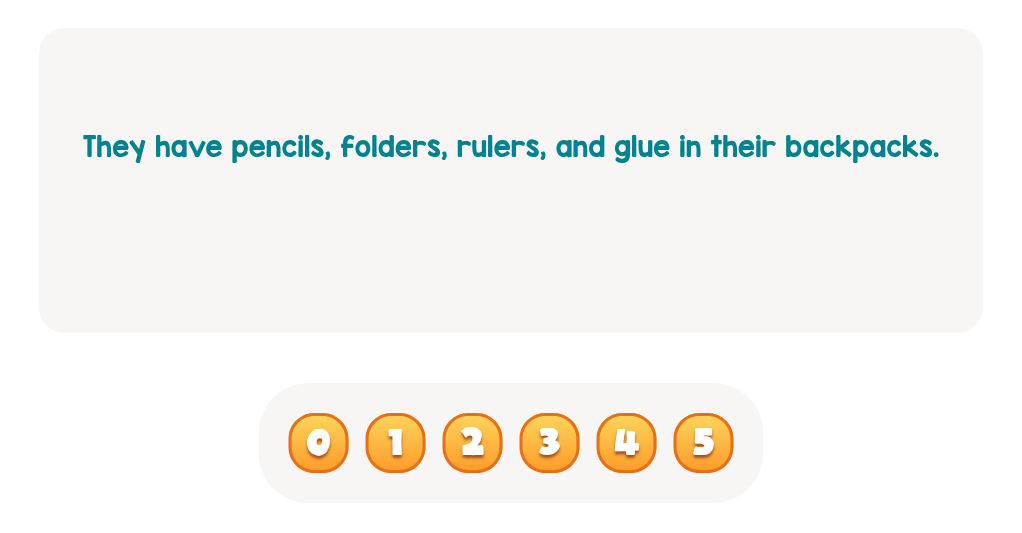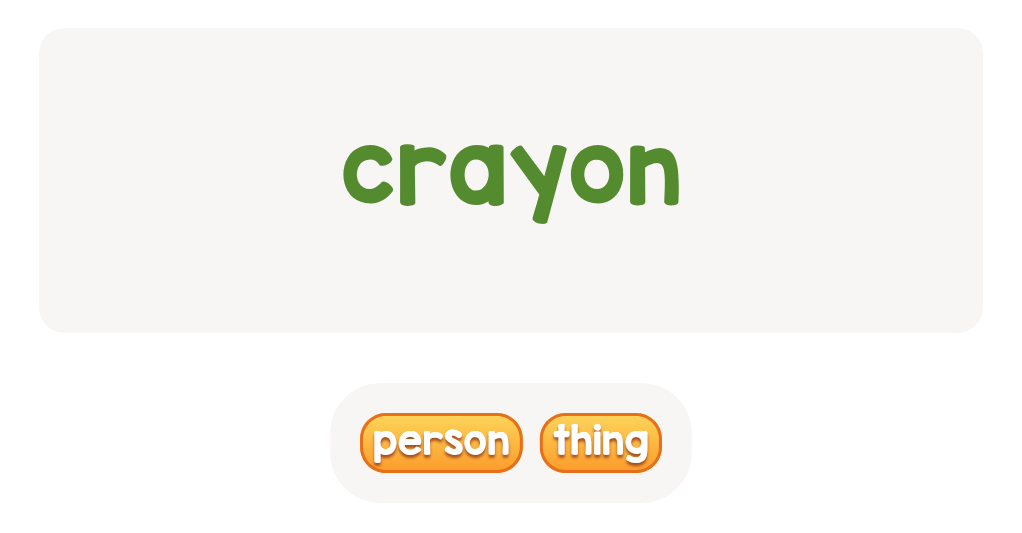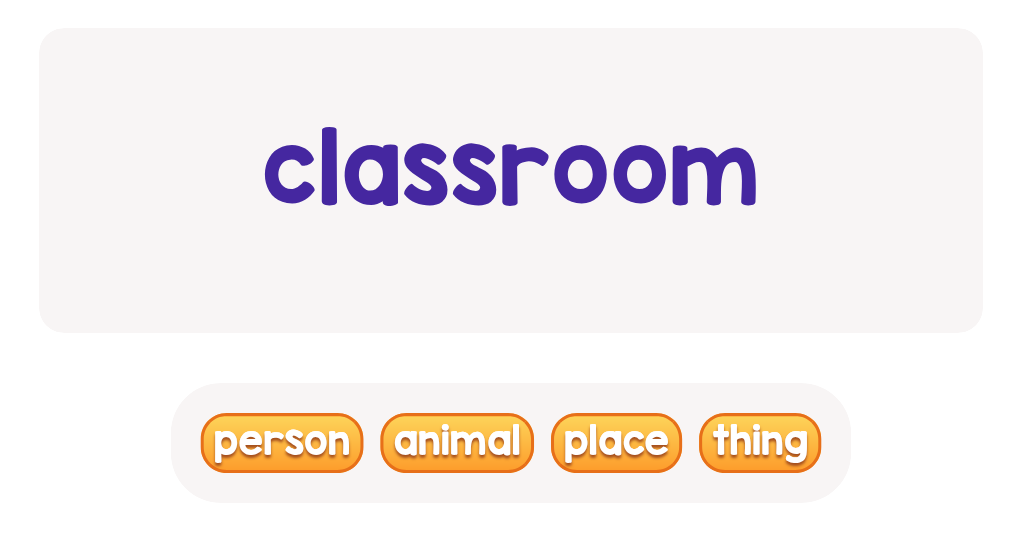Problem-Solving Skills Normal Grammar Worksheets for Ages 6-7
4 filtered results
-
From - To
Enhance your child's critical thinking and grammatical expertise with our "Problem-Solving Skills Normal Grammar Worksheets for Ages 6-7". Designed by educational experts, these engaging worksheets blend fun activities with challenging exercises to help children develop both their grammar and problem-solving abilities. Perfect for early learners, each worksheet focuses on foundational grammar concepts while encouraging logical reasoning and analytical skills. Suitable for classroom use or additional home practice, these resources aim to build confidence and proficiency in young learners. Invest in your child's educational journey with our expertly crafted problem-solving grammar worksheets designed specifically for ages 6-7.
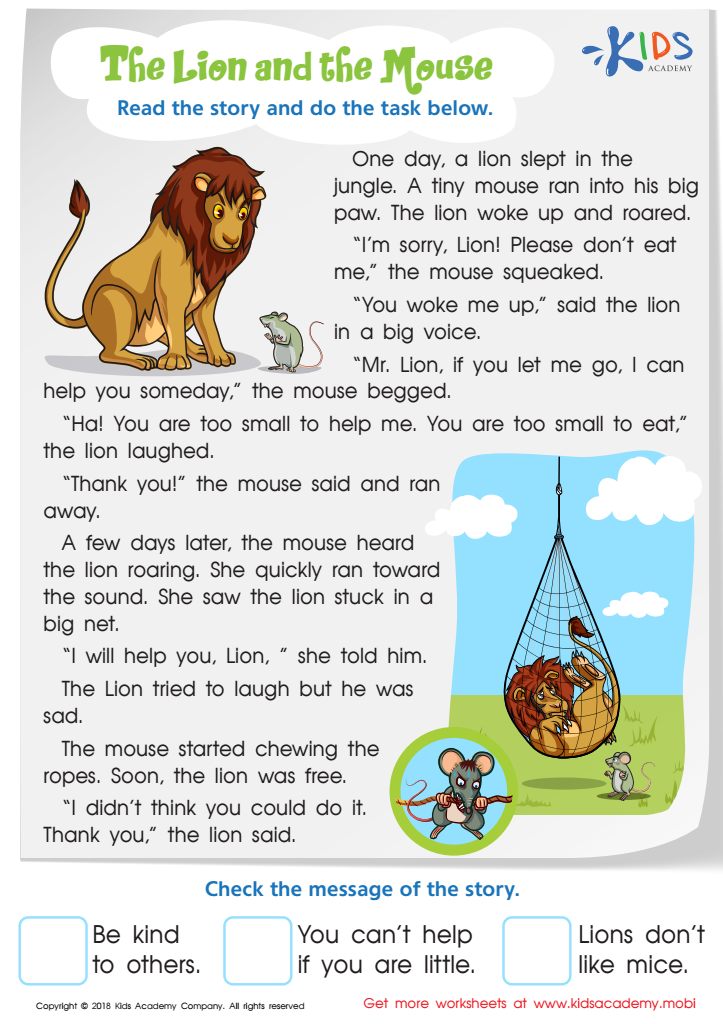

The Lion and the Mouse Worksheet
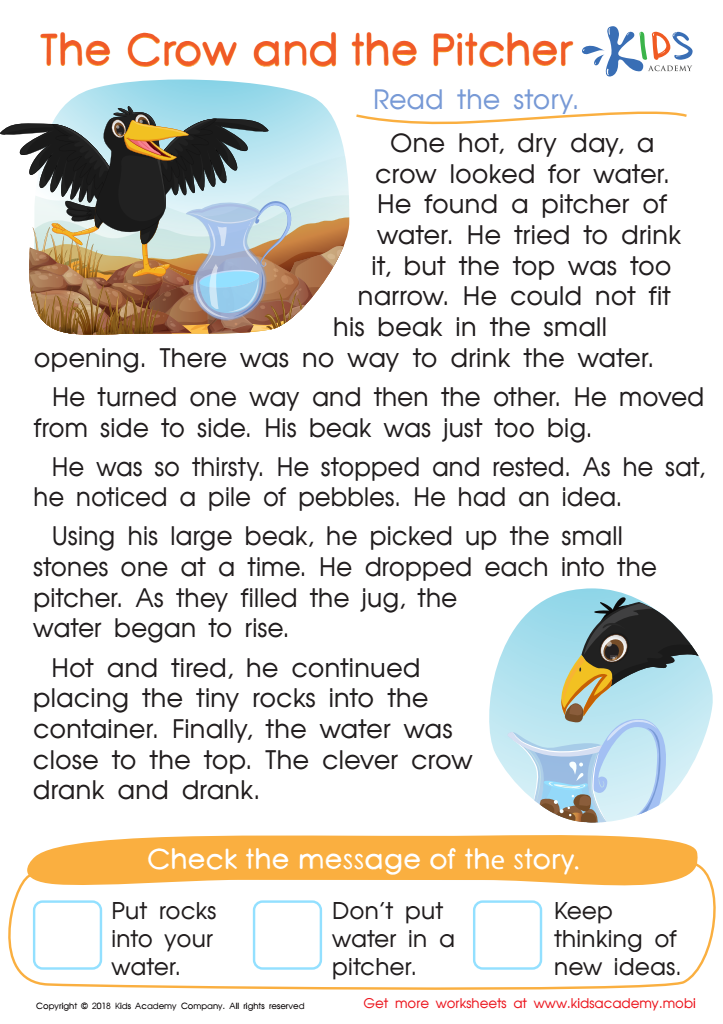

The Crow and the Pitcher Worksheet
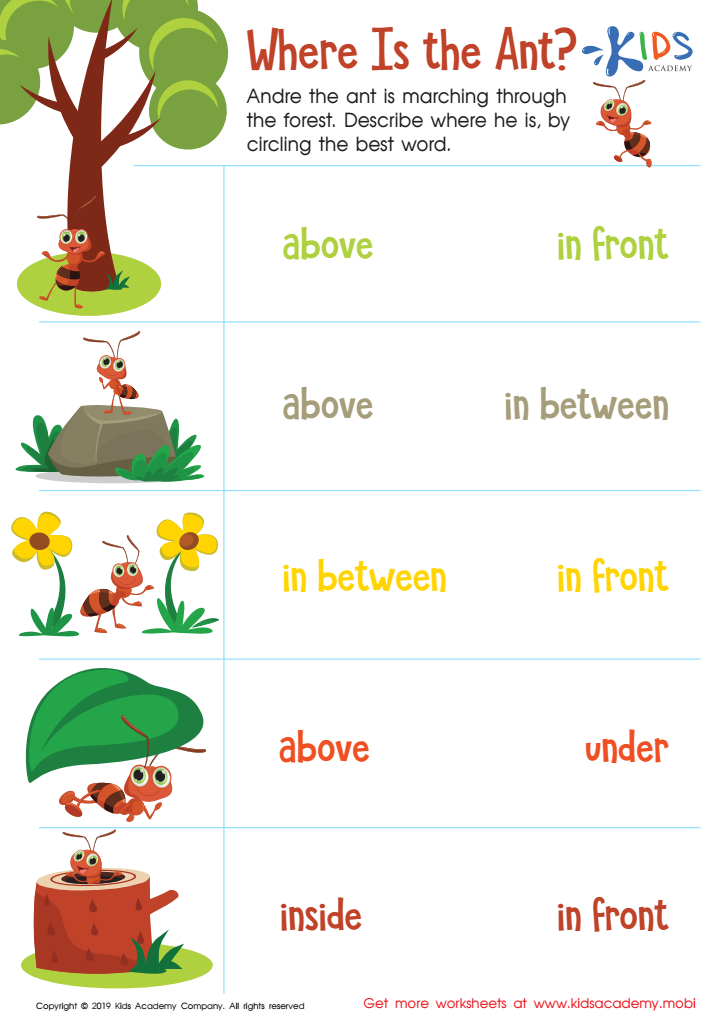

Where Is the Ant? Worksheet


Long Vowel Maze /o/ and /i/ Worksheet
Problem-solving skills are essential for children aged 6-7 because they lay the foundation for critical thinking and independent learning. At this age, kids are naturally curious and beginning to understand the world around them. Teaching them how to approach challenges encourages cognitive development and equips them with techniques to analyze and solve problems effectively.
For parents, fostering problem-solving skills at an early age means nurturing their child's ability to handle real-life situations. By promoting these skills, parents help their children become resilient and capable individuals who can think creatively and make informed decisions.
For teachers, integrating problem-solving activities into the curriculum supports academic growth and boosts confidence in subjects like math and science. Moreover, it prepares children for future learning by enhancing their comprehension and application of knowledge. Problem-solving skills also improve interpersonal relationships as kids learn to resolve conflicts and work collaboratively.
Encouraging problem-solving from an early age benefits children in every aspect of their lives. It promotes independence, supports academic achievement, and builds social skills. Both parents and teachers play vital roles in this developmental phase, shaping well-rounded, competent individuals ready to face various challenges as they grow.
 Assign to My Students
Assign to My Students
